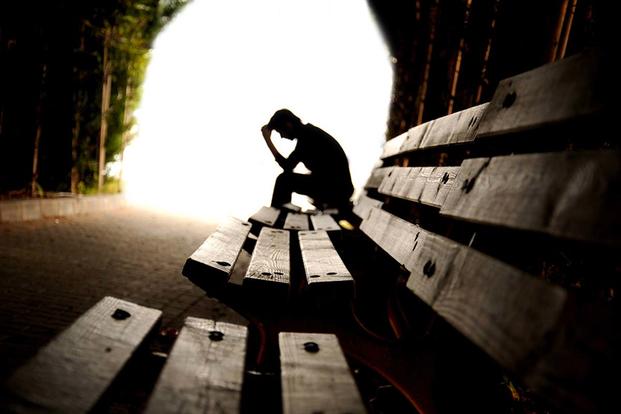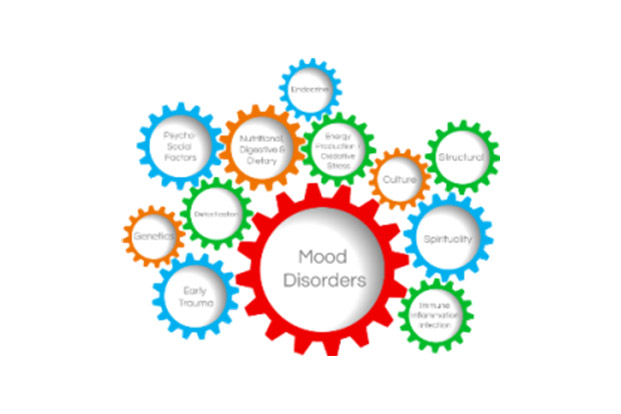Categories
- Bariatric Surgery (11)
- Black Fungus (5)
- Bone Marrow transplant (3)
- Brain Tumor Surgery Navigation Technology (20)
- Cardiac Surgery (66)
- Cardiology (97)
- Computer navigation technology for joint replacements (20)
- Covid Vaccination (17)
- Critical Care (2)
- Dental (19)
- Dermatology (31)
- Dialysis Support Group - “UTSAAH” (11)
- Dietitian (33)
- Emergency Medicine (4)
- Emotional Health (11)
- Endocrinology (33)
- ENT (20)
- Gastroenterology and GI Surgery (53)
- General and Laparoscopic Surgery (21)
- General Surgery (4)
- Gynecology & Obstetrics (183)
- Hematology (20)
- Internal Medicine (294)
- Kidney Transplant (50)
- Kidney Transplantation (20)
- Lung Cancer (8)
- Minimal Invasive Surgery (1)
- Mother & Child (20)
- mucormycosis (5)
- Nephrology (61)
- Neurology (147)
- Neurosurgery (68)
- Nutrition and Dietetics (107)
- Omicron Variant (1)
- Oncology (288)
- Ophthalmology (10)
- Orthopaedics & Joint Replacement (86)
- Paediatrics (59)
- Pediatric Nephrology (3)
- Physiotherapy (5)
- Plastic & Reconstructive Surgery (6)
- Psychiatry and Psychology (90)
- Psychologist (28)
- Pulmonology (72)
- Rheumatology (13)
- Spine Services (21)
- Transradial Angioplasty (16)
- Urology (84)
Query Form
Posted on Apr 19, 2022
Depression in women- Be aware no beware!
Mood swings bother you and everyone around you!
Everyone experiences disappointment or sadness in life. When the “down” times last a long time or interfere with your ability to function, you may be suffering from a common medical illness called depression. According to research, women experience twice the rate of depression as men, regardless of race or ethnic background. An estimated 1 in 8 women will face major depression in their lifetimes. Despite high prevalence rates people are reluctant to acknowledge clinical depression as a disorder that should be evaluated and treated.
Researchers suspect that, rather than a single cause, many factors unique to women’s lives play a role in developing depression. These factors include – genetic and biological, reproductive, hormonal, abuse and oppression, interpersonal and certain psychological and personality characteristics. However the stages in a woman’s life can also subject her to depression- menstruation, pregnancy, child birth and menopause. Given below are some of the signs and symptoms that you may be experiencing related to your life stage.
Premenstrual Dysphonic Disorder – This affects around 3-8% of the women. In this behavioral changes are observed in women 5 days prior to the commencement of their menstrual cycle. The common symptoms are:
- Lack of interest in common activities, such as hobbies
- Moderate to severe feelings of tension or anxiety with low energy
- Mood Swings , such as feeling overly sensitive
- Moderate to severe feelings of hopelessness or depression, feeling overwhelmed
- Physical symptoms, such as weight gain, joint or muscle pain, or a headache
- Changes in sleeping patterns, such as sleeping too much or too little
- Changes in eating habits or food cravings
- Problems focusing or concentrating
- Unusual irritability or anger

Management: Be calm and relaxed. Keep a check and monitor your cycle and emotional outbursts. If you notice some continuity it’s important that you consult a specialist. Ignoring the issues can have an effect on your relationships. Be open and talk to your family and your partner about the same.
Pregnancy and Post Partum Mood Disorders- Pregnancy is a stage in which a woman’s body is going through a number of hormonal changes. These changes can have a major effect on the mood and can increase the risk of developing depression. Even post pregnancy the risk doesn’t end. The following are a list of symptoms. Be informed if you are pregnant or have just delivered a child.
- Lifestyle or work changes resulting in relationship problems
- Episodes of depression and irritability
- Feeling of lack of social support and lost feeling
- Mixed feelings about being pregnant
- Feeling that pregnancy has pulled you down
Please note that a woman can feel depressed during pregnancy and the feeling can become worse post child birth. It affects 10-25% of women in India. It’s important to understand that it’s not just you but your body that is going through change. Hormonal fluctuations, psychological pressures and social support all attribute to the same. Be open and consult specialists. Also talk to your family and your spouse.
Peri Menopause and Menopause Depression- Risk of depression may increase during the transition to menopause, a stage called Peri menopause, when hormone levels may fluctuate erratically. Depression risk also may rise during early menopause or after menopause — both times when estrogen levels are significantly reduced.
Women need to aware that they are vulnerable to develop depression and need professional help to avoid it from causing personal and functional impairment.
Be informed and consult a Psychiatrist if you are experiencing any of the above.



